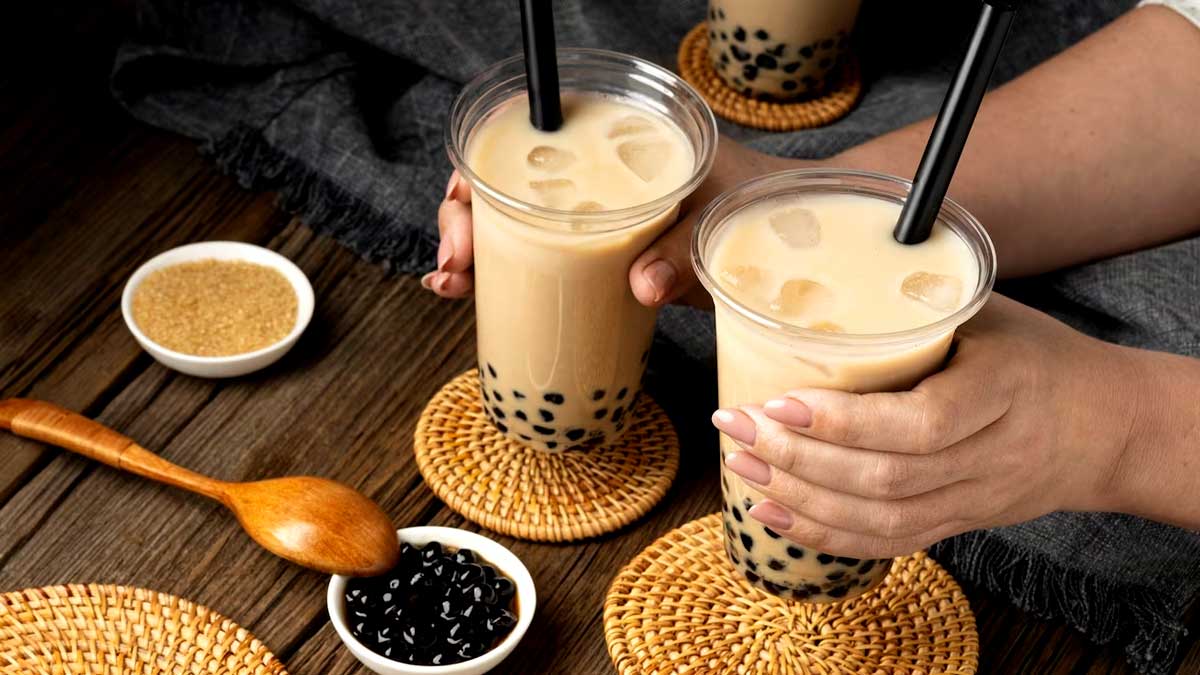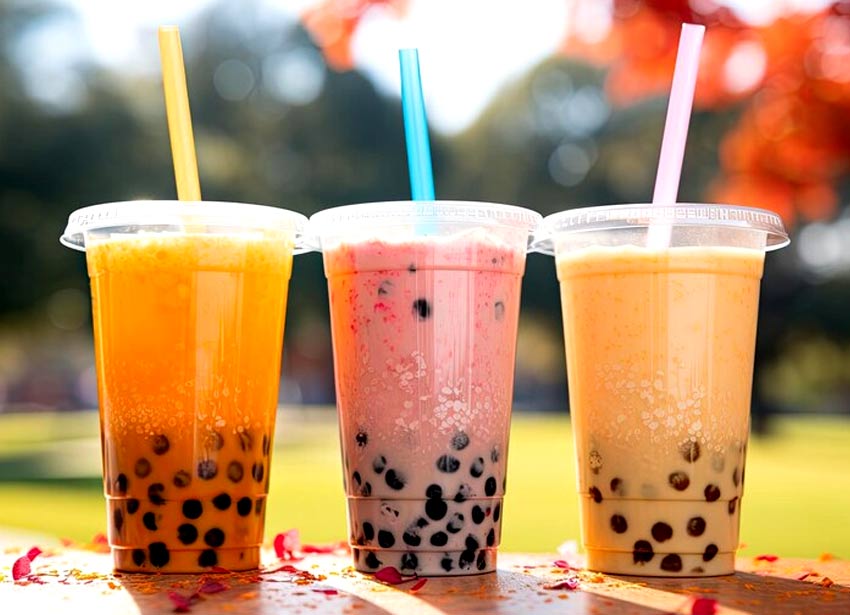
Bubble tea, also known as boba tea, has gained immense popularity worldwide, becoming a trendy and refreshing beverage choice. However, when it comes to assessing its healthiness, the answer isn't as straightforward as we might hope.
What is Bubble Tea?
Bubble tea typically consists of brewed tea, often black or green tea, mixed with milk or fruit flavours. The distinguishing feature that gives bubble tea its name is the addition of tapioca pearls or fruit jellies, creating delightful, chewy "bubbles." It's often sweetened with sugar syrup and served with a thick straw to enjoy the tapioca pearls.
The Nutritional Aspects
The healthiness of bubble tea largely depends on how it's prepared and your personal dietary preferences. Here are some factors to consider:
- Calories
- Sugar
- Caffeine
- Milk or Dairy Alternatives
- Tapioca Pearls

Tips To Make Bubble Tea Healthier
If you want to enjoy bubble tea without guilt, consider these tips:
1. Choose Wisely
Opt for smaller serving sizes, lower sugar options, and lighter milk choices. Some places offer sugar-free or reduced-sugar alternatives.
2. DIY
Making bubble tea at home allows you to control the ingredients. You can experiment with different teas, sweeteners, and milk choices to suit your dietary preferences.

3. Tapioca Alternatives
Some bubble tea shops offer alternatives to tapioca pearls, like fruit or jelly toppings, which can be lower in calories and carbohydrates.
4. Limit Frequency
Enjoy bubble tea as an occasional treat rather than a daily indulgence, as frequent consumption of sugary drinks can lead to health issues.
Bubble tea can be a fun and tasty beverage, but it's essential to consume it in moderation and make mindful choices regarding ingredients to maintain a healthier balance in your diet. While it may not be the healthiest option on the menu, it can be part of an overall balanced lifestyle when enjoyed responsibly.







